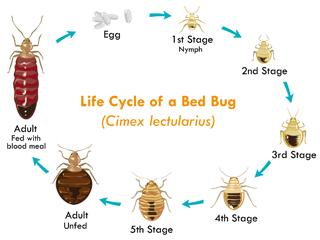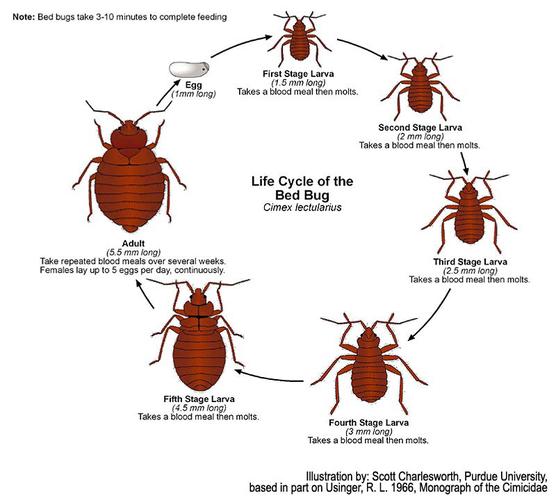
Treatment for Bed Bug Bites: A Comprehensive Guide
Bed bug bites can be quite uncomfortable and itchy, leading many to seek effective treatment options. In this article, we delve into various treatment methods, natural remedies, and preventive measures to help you manage bed bug bites effectively.
Understanding Bed Bug Bites
Bed bugs are small, reddish-brown insects that feed on human blood. They are nocturnal and typically feed on their hosts while they sleep. Bed bug bites often appear as small, red bumps on the skin and can cause itching, swelling, and inflammation.

Immediate Treatment for Bed Bug Bites
When you discover bed bug bites, it’s essential to treat them promptly to prevent infection and alleviate discomfort. Here are some immediate steps you can take:
-
Wash the affected area with soap and water to clean the bite and reduce the risk of infection.
-
Apply a cold compress to the bite to reduce swelling and itching.
-
Take an antihistamine, such as diphenhydramine (Benadryl), to relieve itching and reduce inflammation.

Topical Treatments for Bed Bug Bites
Topical treatments can provide relief from the itching and inflammation caused by bed bug bites. Here are some effective options:
-
Hydrocortisone Cream: This over-the-counter cream can help reduce itching and inflammation. Apply it to the affected area as directed on the label.
-
Calamine Lotion: This soothing lotion can help alleviate itching and dry out the bite area. Apply it as needed.
-
Tea Tree Oil: Known for its antiseptic and anti-inflammatory properties, tea tree oil can be applied topically to reduce itching and inflammation. Dilute it with a carrier oil, such as coconut oil, before applying.
Oral Treatments for Bed Bug Bites
In some cases, oral treatments may be necessary to manage the symptoms of bed bug bites. Here are a few options:
-
Antihistamines: As mentioned earlier, antihistamines like diphenhydramine can help reduce itching and inflammation. Follow the dosage instructions on the label.
-
Nonsteroidal Anti-Inflammatory Drugs (NSAIDs): NSAIDs like ibuprofen or naproxen can help reduce pain and inflammation. Consult your doctor before taking these medications, especially if you have any pre-existing health conditions.
Home Remedies for Bed Bug Bites
There are several home remedies that can help alleviate the symptoms of bed bug bites:
-
Aloe Vera: Aloe vera has soothing properties that can help reduce itching and inflammation. Apply fresh aloe vera gel directly to the bite.
-
Baking Soda Paste: Mix baking soda with water to create a paste. Apply the paste to the bite and leave it on for a few minutes before rinsing off with water.
-
Apple Cider Vinegar: Apply a small amount of apple cider vinegar to the bite to reduce itching and inflammation. Be cautious, as it may sting initially.
Preventive Measures
Preventing bed bug bites is crucial, especially if you have recently traveled or stayed in a hotel. Here are some preventive measures you can take:
-
Inspect your sleeping area for bed bugs before you settle in. Look for small, reddish-brown insects, bloodstains, or fecal spots.
-
Keep your living space clean and clutter-free, as bed bugs thrive in dusty and cluttered environments.
-
Use a vacuum cleaner to remove bed bugs and their eggs from your mattress, furniture, and carpets.
-
Consider using bed bug-proof mattress encasements to prevent bed bugs from accessing your mattress.
By following these treatment methods, home remedies, and preventive measures, you can effectively manage bed bug bites and reduce the risk of future infestations.







